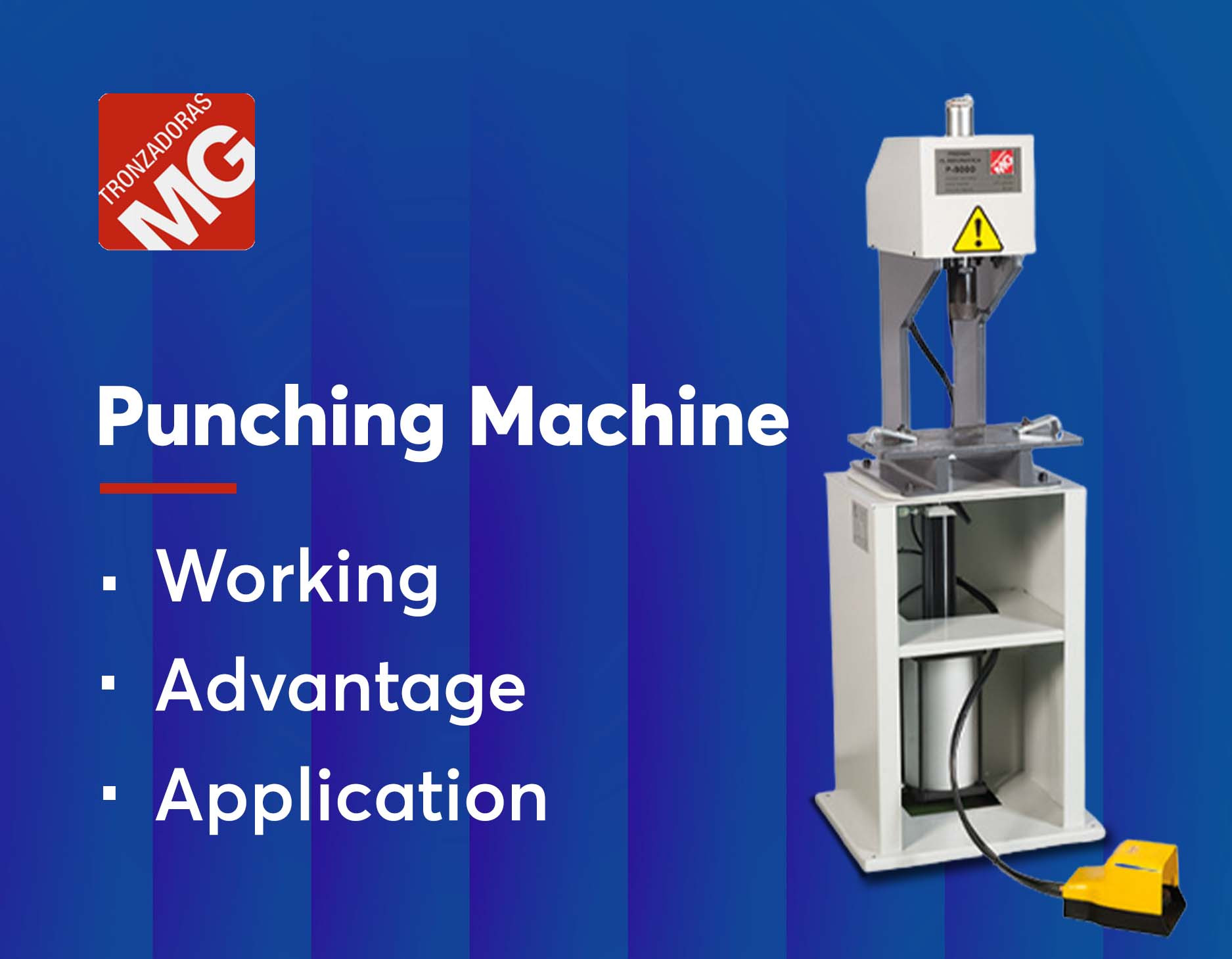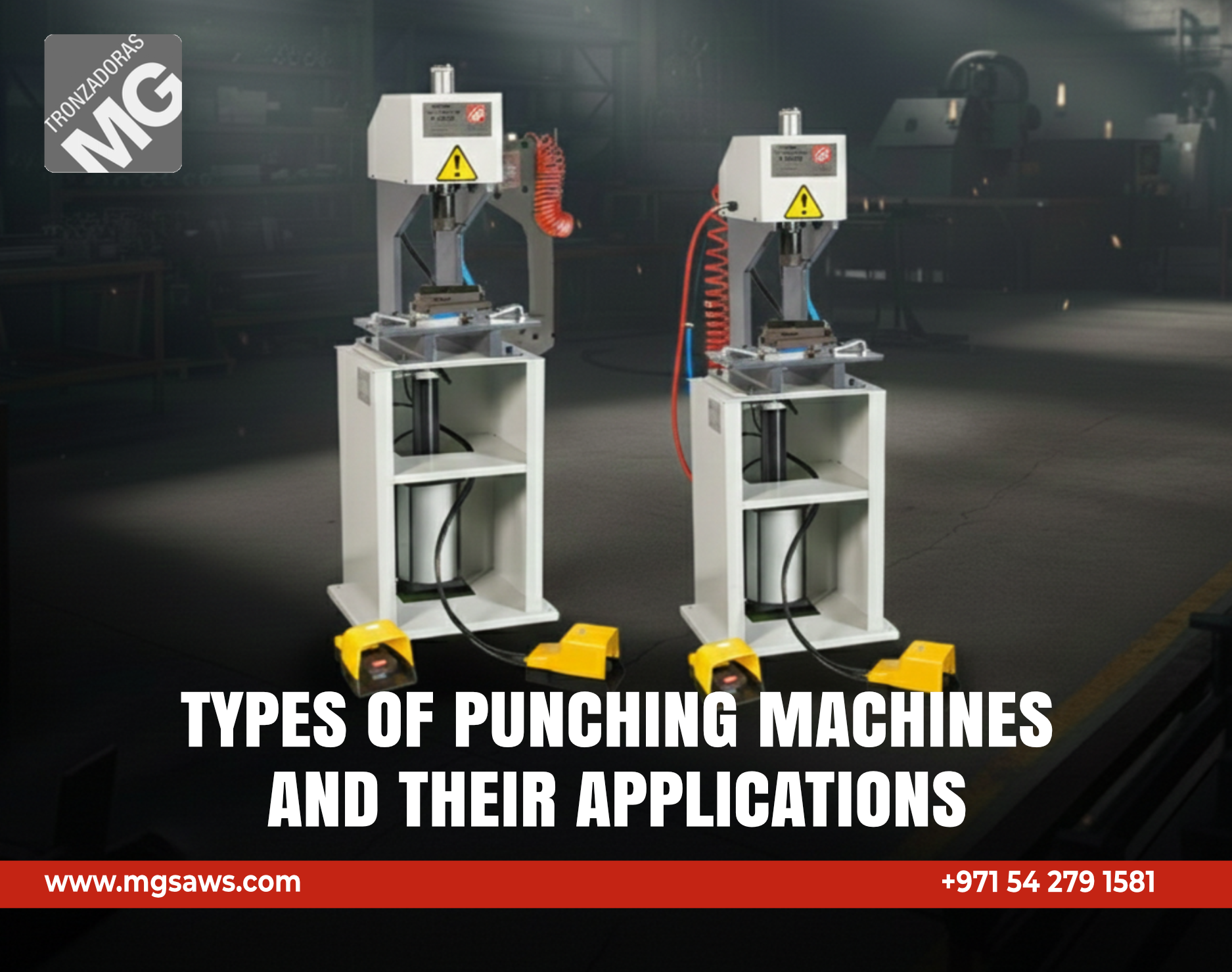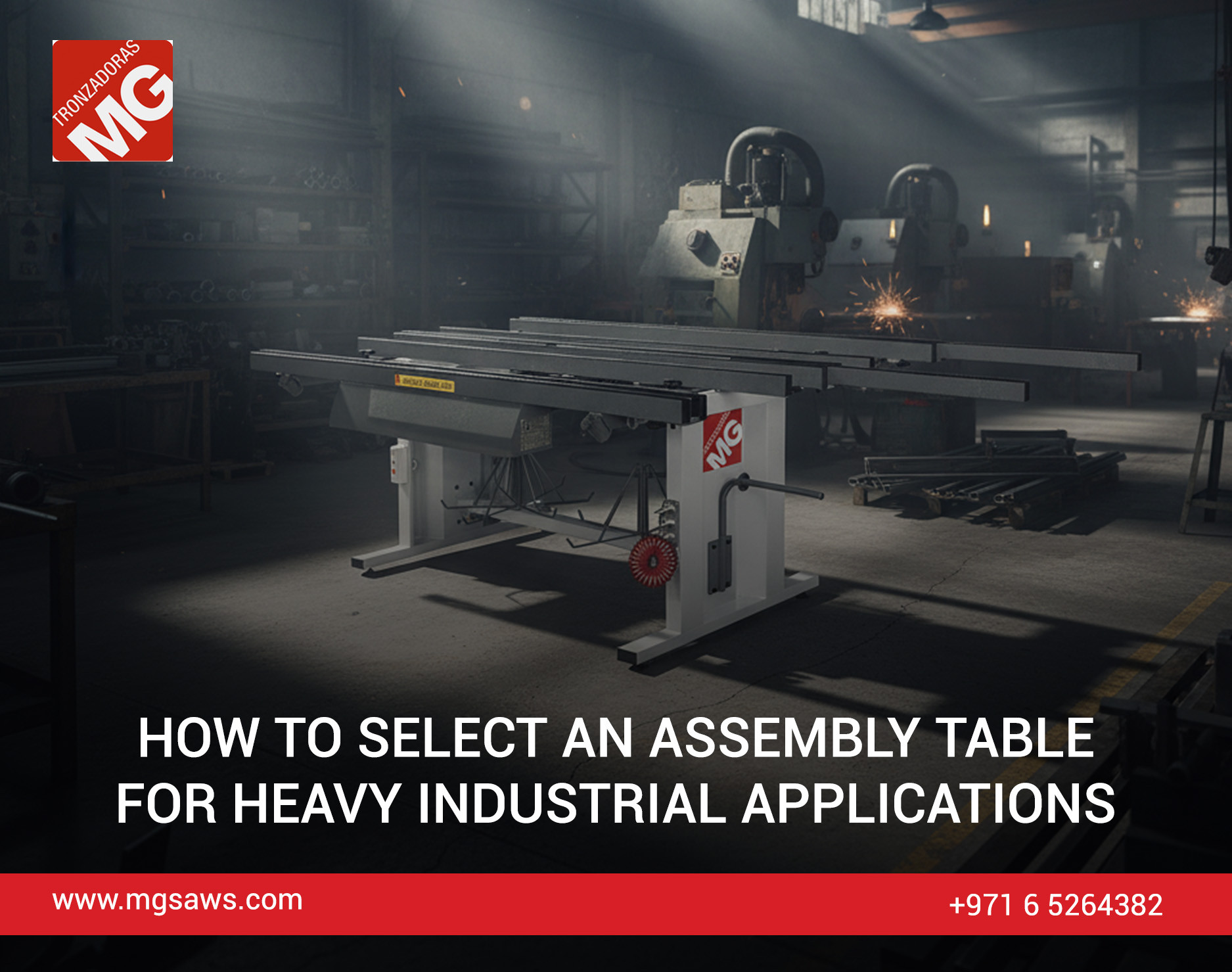A Deep Dive into the Applications and Working Mechanisms of a Punching Machine
Follow Us

Punching machines are inevitable in the sheet metal process. Through this blog, we will discover what punching machines are, their working process , applications and advantages. This blog is intended to help beginners to have a better understanding of these machines.
What are Punching Machines?
Punching machines are used to structure metals into various desired forms. They are used to create metals with different shapes and thickness as per the requirement. Hence punching can be referred to as a metal forming process. In this process, the sheet metals are punched for creating holes for various purposes. In simpler terms sheet metal punching refers to the process of making holes on metals for various purposes. In order to create effective and efficient holes, many factors have to be taken into consideration like the dimension of sheet metals, the efficiency of the equipment used in the process, the method used for punching, the force applied etc. Various designs can be punched through sheet metals with the help of punching machines. These designs are formed when the materials pass either through or under the punching machine. There are basically two types of punching machines. Manually operated punching machines as well as computerized punching machines.
How are Sheet Metals formed?
Sheet metals are formed by pressing metals into very thin, smooth uniform workpieces. To punch the metal workpieces, the respective machines are tooled with a die and punch to be able to cut and form the metal workpiece. For industrial punching, an extra compression force has to be applied to get the sheet metal into desired form. This process helps in the initial deformation of sheet metal which is followed by a shear stress that will create fractures and material cutouts. This process begins with the placing of sheet metal in place followed by passing a punch downward through a single side of the sheet metal to get into the die that’s located on the other side of the sheet metal workpiece thereby forming the desired shape. The die also helps in providing the required support for the punch to apply utmost force without the metal being broken. It’s the punch and the die that helps in creating accurate and perfect metal pieces of desired size and shape.
Sheet Metal Punching Process
To define what exactly is the process of sheet metal punching, it is when a great shearing force is applied to remove a material from a sheet metal. In CNC type punching, it helps to produce cutouts and holes of varied shapes and sizes. By punching holes, it means making simple shapes like square, circle, rectangle etc. A combination of these shapes are also possible. It's in the die below the sheet that holds the desired shape to be cut. Even though dies and punches of standard size and shapes are used, custom made sizes and shapes can also be created for punching complex requirements. It’s the punch press that helps to drive down at great speed all the way through the sheet and to the die. What causes the workpiece to swiftly bend, and fracture is the tiny clearance gap that’s seen in between punch edge and die. The punched out slug makes a free fall through the opening of the die that is tapered. Even though these processes can be done on manual punch presses, CNC presses are mostly made use of nowadays. There are hydraulic, electrical and pneumatic CNC punch presses that have the capability to produce 600 punches per min.
Manual and Automated Sheet Metal Punching
Punching process was manually once. But with the advent of technology, automated punching machines made their way through. The automation of punching machines contributed a lot to the speed and the accuracy of punching of even intricate shapes. Manual punching machines are still on use for specific job but very limited. But industrial requirements of heavy sheet metal punching make use of the advancement in automated punching technology which utilizes Computer Numerical Control programming. The position of the material clamping, the complex shapes and size of punching required are all programmed to help achieve desired result. For the simultaneous working of machines, its now possible to fit multiple die and punch sets and complete the process in one stroke. Hence CNC programmed punching offers more reliability, durability, flexibility, efficiency, and accuracy even on complex punching requirements. CNC punching machines are most preferred when it comes to industrial requirements due to its cost effectiveness as well.
Applications
Sheet metal punching process helps produce various parts and elements that are used in industries. The main applications of sheet metal punching come in Automotive, Electronics, Agriculture, Energy, Aerospace, Architecture, Construction and any other industry that requires metal parts that are fabricated to complete their products. The different materials that are used for punching are Aluminum, Stainless steel, copper, brass, titanium and other metals which can be punched and create accurate results. There can be situations where materials have to undergo repeated punching especially the ones with tight perforation. Subject to the repeated process of punching on these materials, there are chances of stress and heat build-up. This can often lead to distortion of the shape. There are even methods to reduce this distortion.
Advantages and Disadvantages of Sheet Metal Punching
The process of punching requires a lot of force and heat build up to get the desired result .Hence this process comes with advantages and disadvantages as well.
The Main Advantages of Punching Process are:
- Cost-effective process with no requirement of custom tooling
- Pretty faster and can be compared to laser cutting
- Able to form louvers, bridge lances, dimples etc
- No requirement for secondary forming process
When it comes to talk about the disadvantages, the process is:
- Extremely time-consuming for set up
- Expensive for parts required only once
- Size and shape limitation if custom tooling is not available.
- Expensive custom tooling
Conclusion
This blog takes you through the basis of punching process, the various types of punching machines available , the applications as well as the pros and cons . It’s always recommended to buy best quality machines to get accurate results.Punching Machine Manufacturer brands like Tronzodoras MG brings you the best quality punching machines with little maintenance required.










